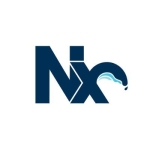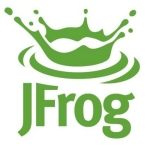We are using the latest version of TeamCity by JetBrains, 2021.
We needed CI/CD, a Continuous Integration Delivery approach to our current process and the database development process. We needed a tool to generate and run automated builds and tests and to notify us in the event of a failure.
The integration is a valuable feature. The solution comes with a great CI/CD flow. As we have our own personal server, we have our own account for each developer. When it comes to access to it's dashboard it can be integrated with a social control. We integrated with version control and did so with GitHub. It allows one to have repositories in a single place, so as to customize the whole desired flow for having an initial continuous integration of a working build.
We would like to see better integration with other version controls, since we encountered difficulty when this was first attempted. This meant that we had to use predefined scripts that we wrote on our own.
When it comes to other source control tools , such as GitHub, it's really straightforward and easy to do.
We've been using TeamCity over the past 12 months.
The initial setup was straightforward. I can log in and start working as soon as I have my account credentials. While some advance training is needed, the person would be good to go once he has mastered the basics.
When it comes to plans to increase usage, this depends on the company and the user developer.
I have not had occasion to make use of the solution's technical support.
The licensing is on an annual basis.
I cannot comment on the pricing, as this is out of my purview.
We did not evaluate other options prior to going with TeamCity. It was the first one we picked for the integration of our CI/CD.
We have more than 50 users in our organization who are making use of the solution.
There is much online documentation for TeamCity, with certain learning materials such as videos. There are many free courses, as well.
Someone considering the implementation of TeamCity should first define all of his use cases. If the person wishes to integrate it with infrastructure, but is a junior engineer who lacks experience with DevOps tools, he would need to do some learning. This said, the solution is a great tool for CI/CD.
The solution has all the features that I need, with a good user interface. I'm pretty satisfied.
I rate TeamCity as an eight out of ten.

















Thanks for the information!